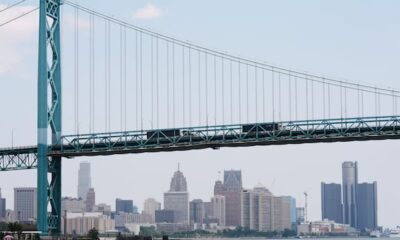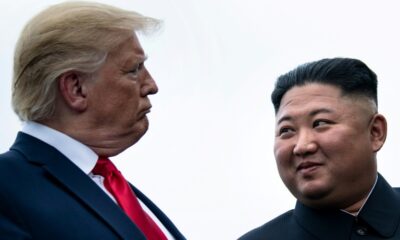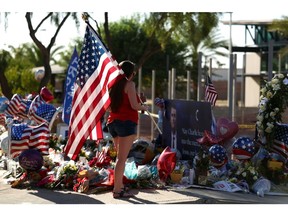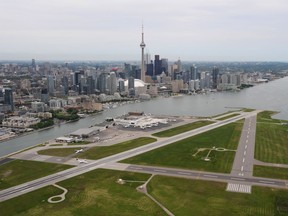World
Rebel Group Parades New Recruits in Congo, Threatening Peace Deal
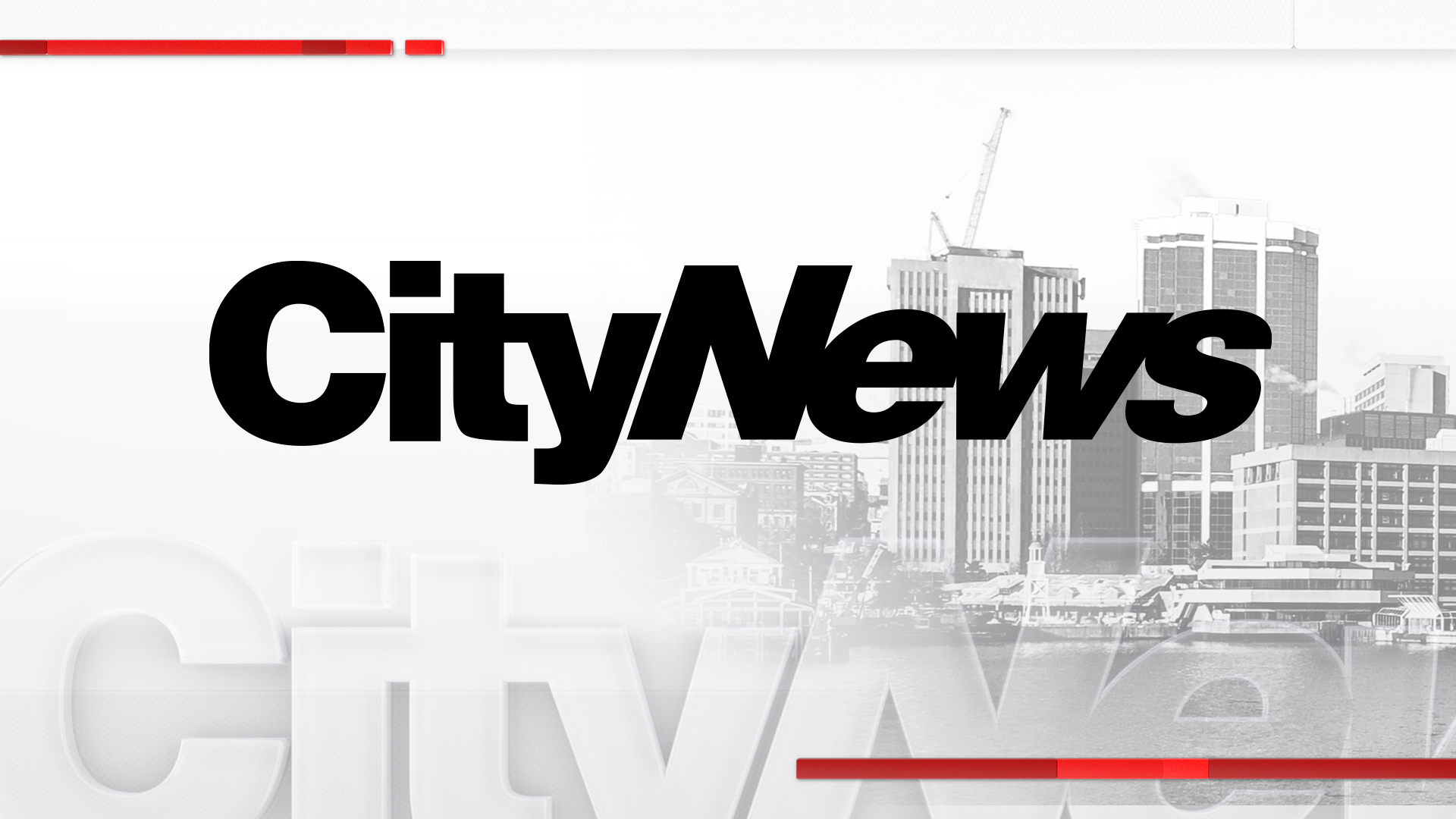
A military parade by the M23 rebel group in eastern Congo over the weekend has sparked significant concern regarding the future of an impending peace agreement between the Democratic Republic of the Congo (DRC) and its primary backer, Rwanda. The M23, which has gained control of key cities such as Goma and Bukavu, showcased over 7,000 new recruits during the event, raising questions about the stability of the region and the effectiveness of ongoing diplomatic efforts.
The peace deal, anticipated to be signed in Washington in the coming weeks, aims to address the ongoing conflict that has resulted in a humanitarian crisis, with at least 3,000 deaths and millions displaced. Central to the agreement is the withdrawal of Rwandan support for the M23, a group that United Nations experts claim has received assistance from thousands of Rwandan troops. The deal is also expected to involve the return of certain territories to Congolese authorities.
Concerns Over Recruitment and Human Rights Violations
During the parade in Goma, the M23 indicated that many of the new recruits included Congolese soldiers who had surrendered amid the recent escalation of violence, as well as local militia members. However, human rights organizations have expressed alarm over reports of coercion, with allegations that soldiers and young residents have been pressured to join the ranks of the rebels.
According to political analyst Christian Moleka, the parade signals a troubling trend. He stated, “(The parade) constitutes a form of materialization of an occupation that is taking root and increasingly taking the tacit form of a state within a state.” This sentiment was echoed by residents who had hoped that the Washington and Doha agreements would lead to peace. “We’ve just seen thousands of new M23 fighters again. We are losing hope,” said Adeline Munene, a local resident. “Now I’m disappointed.”
The conflict in eastern Congo has intensified despite a Qatar-led mediation effort aimed at achieving a ceasefire. Reports of skirmishes between the M23 and government-aligned groups persist, with both sides accusing each other of violating the terms of the ceasefire agreement.
Humanitarian Crisis and Atrocities Documented
The ongoing violence has contributed to a severe humanitarian crisis in the region. A recent report by the United Nations highlighted “horrific atrocities” committed over the past year, including gang rape, sexual slavery, torture, and killings of civilians. The UN human rights office noted that both the Congolese armed forces and the M23 rebels bear responsibility for these crimes, implicating both the DRC and Rwanda in the ongoing conflict.
The M23, primarily composed of ethnic Tutsis, previously led a failed insurgency against the Congolese government in 2012. After a decade of dormancy, the group resurfaced in 2022, intensifying the conflict and complicating the prospects for peace in the region.
As the situation unfolds, the international community remains watchful, hoping for a resolution that can bring stability to eastern Congo and alleviate the suffering of its people.
-

 World4 months ago
World4 months agoScientists Unearth Ancient Antarctic Ice to Unlock Climate Secrets
-

 Entertainment4 months ago
Entertainment4 months agoTrump and McCormick to Announce $70 Billion Energy Investments
-

 Lifestyle4 months ago
Lifestyle4 months agoTransLink Launches Food Truck Program to Boost Revenue in Vancouver
-

 Science4 months ago
Science4 months agoFour Astronauts Return to Earth After International Space Station Mission
-

 Technology2 months ago
Technology2 months agoApple Notes Enhances Functionality with Markdown Support in macOS 26
-

 Top Stories3 weeks ago
Top Stories3 weeks agoUrgent Update: Fatal Crash on Highway 99 Claims Life of Pitt Meadows Man
-

 Sports4 months ago
Sports4 months agoSearch Underway for Missing Hunter Amid Hokkaido Bear Emergency
-

 Politics3 months ago
Politics3 months agoUkrainian Tennis Star Elina Svitolina Faces Death Threats Online
-

 Politics4 months ago
Politics4 months agoCarney Engages First Nations Leaders at Development Law Summit
-

 Technology4 months ago
Technology4 months agoFrosthaven Launches Early Access on July 31, 2025
-

 Top Stories2 weeks ago
Top Stories2 weeks agoFamily Remembers Beverley Rowbotham 25 Years After Murder
-

 Top Stories5 days ago
Top Stories5 days agoBlake Snell’s Frustration Ignites Toronto Blue Jays Fan Fury

